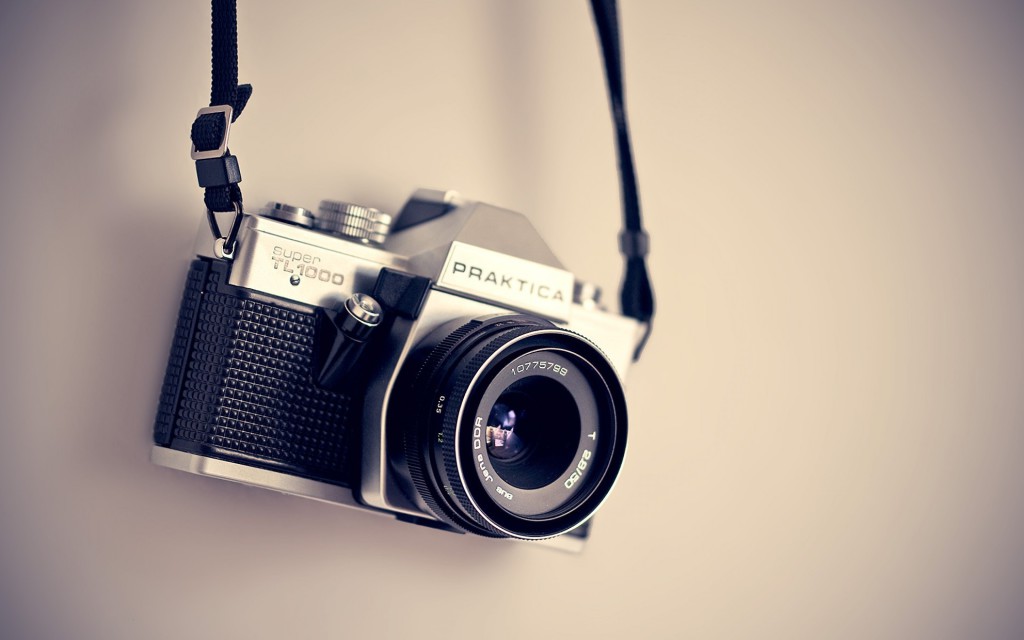We all know the experience of wishing we’d known something sooner. Even experts in various areas feel that way about their crafts. Don’t believe me? Improve Photography asked on their Facebook Page what photography tips members of their community wish they’d known sooner. They got an astounding amount of results. There seemed to be some level of resounding consensus on what were the most important lessons from photography. And when an expert gives you advice, it can’t hurt to take it into consideration. Here’s what these photographers said they wished they’d known sooner.
1) Photography is Fundamentally About Two Things: Light and Composition
Too many photographers get bogged down in tiny little details. In reality, this will not help a photographer improve nearly as much as focusing on the greater picture. Put a good deal of effort into composing your photo and make sure to play around with the light and you’re likely to come up with a much better body of work than if you worry about small nuances in your photograph. Once you figure out the composition and the light, other aspects are bound to just fall into place.
2) Using Photoshop Isn’t “Cheating”
While some photographers may feel differently, many of the photographers at Improve Photography believe that digital image editing is an extremely important part of photography. After all, photography is art. Just as painters can put whatever they want into their work, photographers should have the freedom to do the same. There is no rulebook that states that photographers need to leave their photos unedited. As long as the photographer does not lie and say that the photo is a true rendering of the actual scene, there is nothing wrong with incorporating photoshop.
3) Learn to Change the Active Focus Point
Many photographers learn to use one focus point but using solely the center focus point. This involves focusing on the correct place for a landscape or on the eye of the subject. Then, the photographer typically recomposes the picture while holding the shutter button halfway down and then presses the shutter button after composing the photo. While this method works, it is much more beneficial to read your camera’s manual and figure out how to change the focus point. This results in a much higher percentage of the shots being in focus.
4) Don’t Buy More Gear Until You’ve Hit a Wall With the Gear You Have
When you’re a new photographer, you can often feel eager to get more than just your 18-55 kit lens, which may seem not to be sharp enough. The truth is, the best way to succeed is to stick with the 18-55 kit lens for a while. There are many more aspects of photography to work on before you worry about your pictures not being sharp enough due to the lens. The vast majority of issues with sharpness are caused by the photographer’s shooting technique rather than the lens. After a photographer learns the fundamental aspects of photography, then he or she can switch not a new lens. This ideology should be used when purchasing photography gear in general. In terms of lighting set ups, make sure you use the bare bones lighting set up before moving onto an expensive set of studio equipment. In essence, gaining experience is more important than buying gear, so don’t buy expensive gear until you’ve learned the basics with your beginner’s gear.
As photographers, we each have our own individual journeys of growth and mastery. But one thing’s for sure, we will all have challenges. Some of these challenges can be avoided if we take advice from other photographers. Whether we’re talking about photography or any other skill, the advice of others–especially those more experienced–can be exponentially helpful in learning to hone your craft!
